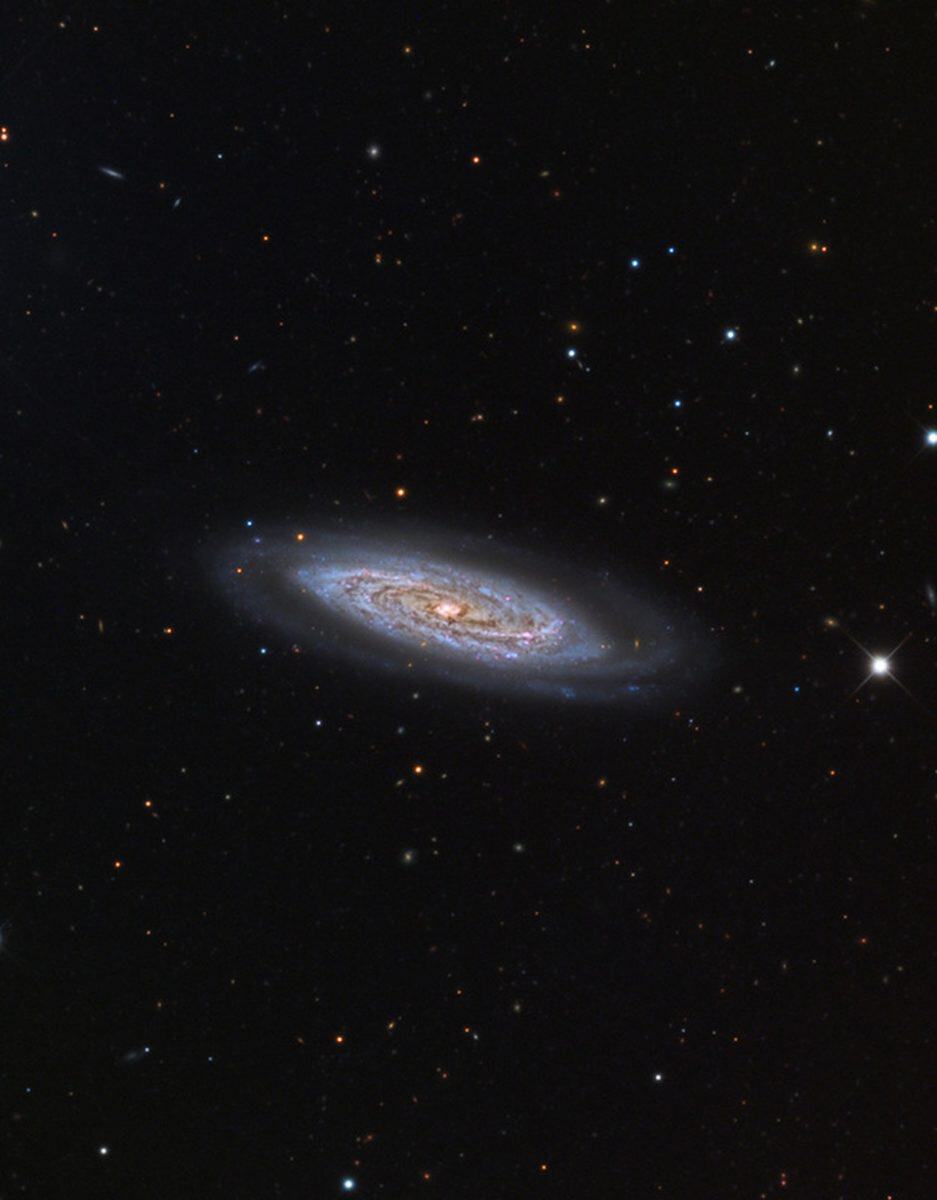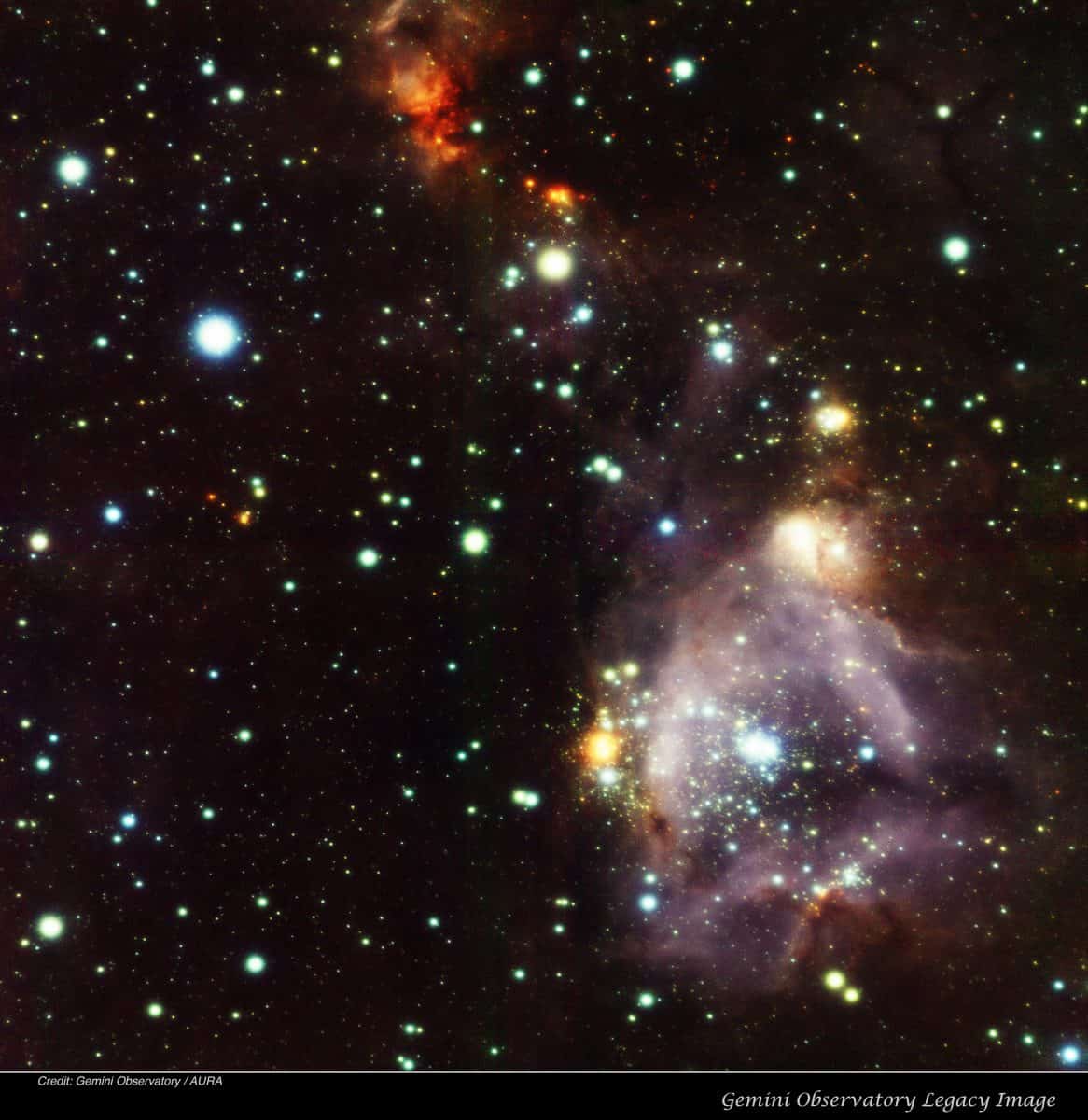Blog
Pat Martino (born August 25, 1944) is a jazz guitarist and composer within the post-bop, fusion, mainstream jazz and soul jazz idioms. He is noted for his mathematical approach to the instrument (he has released textbooks such as Linear Expressions) and advanced knowledge of music theory.
Martino was born Pat Azzara in South Philadelphia. He began playing professionally at the age of 15 after moving to New York City. He lived for a period with Les Paul and began playing at jazz clubs such as Smalls Paradise. He later moved into a suite in the President Hotel on 48th Street. He would play at Smalls for six months of the year, and then in the summer play at the Club Harlem in Atlantic City.
more...Wayne Shorter (born August 25, 1933 Newark, NJ) is an American jazz saxophonist and composer.
Shorter came to wide prominence in the late 1950s as a member of, and eventually primary composer for, Art Blakey‘s Jazz Messengers. In the 1960s, he went on to join Miles Davis‘s Second Great Quintet, and from there he co-founded the jazz fusion band Weather Report. He has recorded over 20 albums as a bandleader.
Many of Shorter’s compositions have become jazz standards, and his output has earned worldwide recognition, critical praise and various commendations. Shorter has won 10 Grammy Awards. He has also received acclaim for his mastery of the soprano saxophone (after switching his focus from the tenor in the late 1960s), beginning an extended reign in 1970 as Down Beat‘s annual poll-winner on that instrument, winning the critics’ poll for 10 consecutive years and the readers’ for 18. The New York Times described Shorter in 2008 as “probably jazz’s greatest living small-group composer and a contender for greatest living improviser.” In 2017, he was awarded the Polar Music Prize.
https://www.youtube.com/watch?v=o40smfOyIso
more...Songhoy Blues, all the way from Timbuktu. Formed by three young people who, despite the ban on music in their region, continued their work from their exile in Bamako.
more...NGC 4100 is a spiral galaxy with extended HII regions of the Hubble type (R ‘) SA (rs) bc in the constellation Great Bear in the Northern Star Sky , which is estimated to be 57 million light-years from the Milky Way .
The object was discovered in 1788 by William Herschel using his 18.7-inch telescope and later recorded by Johan Dreyer in his New General Catalog .
more...Nicola James Capaldi (2 August 1944 – 28 January 2005) was an English drummer, singer and songwriter. His musical career spanned more than four decades. He co-founded the psychedelic rock band Traffic in 1967 with Steve Winwood with whom he co-wrote the majority of the band’s output. He was inducted into the Rock and Roll Hall of Fame as a part of Traffic’s original line-up.
Capaldi also performed with Jimi Hendrix, Eric Clapton, George Harrison, Alvin Lee, Cat Stevens, and Mylon LeFevre, and wrote lyrics for other artists, such as “Love Will Keep Us Alive” and “This is Reggae Music”. As a solo artist he scored more than a half dozen chart hits in various countries, the most well-known being “That’s Love” as well as his cover of “Love Hurts“.
https://www.youtube.com/watch?v=AIYLZOp_Bzc
more...Arthur William “Big Boy” Crudup (August 24, 1905 – March 28, 1974) was an American Delta blues singer, songwriter and guitarist. He is best known, outside blues circles, for his songs “That’s All Right” (1946), “My Baby Left Me” and “So Glad You’re Mine”, later recorded by Elvis Presleyand other artists.
Crudup was born in Forest, Mississippi, to a family of migrant workers traveling through the South and Midwest. The family returned to Mississippi in 1926, where he sang gospel music. He had lessons with a local bluesman, whose name was Papa Harvey, and later he was able to play in dance halls and cafes around Forest. Around 1940 he went to Chicago.
more...Most galaxies are clumped together in groups or clusters. A neighboring galaxy is never far away. But this galaxy, known as NGC 6503, has found itself in a lonely position, at the edge of a strangely empty patch of space called the Local Void.
The Local Void is a huge stretch of space that is at least 150 million light-years across. It seems completely empty of stars or galaxies. The galaxy’s odd location on the edge of this never-land led stargazer Stephen James O’Meara to dub it the “Lost-In-Space galaxy” in his 2007 book, Hidden Treasures.
NGC 6503 is 18 million light-years away from us in the northern circumpolar constellation of Draco. NGC 6503 spans some 30,000 light-years, about a third of the size of the Milky Way.
This Hubble Space Telescope image shows NGC 6503 in striking detail and with a rich set of colors. Bright red patches of gas can be seen scattered through its swirling spiral arms, mixed with bright blue regions that contain newly forming stars. Dark brown dust lanes snake across the galaxy’s bright arms and center, giving it a mottled appearance.
The Hubble Advanced Camera for Surveys data for NGC 6503 were taken in April 2003, and the Wide Field Camera 3 data were taken in August 2013.
more...Keith John Moon (23 August 1946 – 7 September 1978) was an English drummer for the rock band the Who. He was noted for his unique style and his eccentric, often self-destructive behaviour. His drumming continues to be praised by critics and musicians. He was posthumously inducted into the Modern Drummer Hall of Fame in 1982, becoming only the second rock drummer to be chosen, and in 2011, Moon was voted the second-greatest drummer in history by a Rolling Stone readers’ poll.
Moon grew up in Alperton, a suburb of Wembley, in Middlesex, and took up the drums during the early 1960s. After playing with a local band, the Beachcombers, he joined the Who in 1964 before they recorded their first single. Moon remained with the band during their rise to fame, and was quickly recognised for his drumming style, which emphasised tom-toms, cymbal crashes, and drum fills. Throughout Moon’s tenure with the Who his drum kit steadily grew in size, and along with Ginger Baker, Moon has been credited as one of the earliest rock drummers to regularly employ double bass drums in his setup. He occasionally collaborated with other musicians and later appeared in films, but considered playing in the Who his primary occupation and remained a member of the band until his death. In addition to his talent as a drummer, however, Moon developed a reputation for smashing his kit on stage and destroying hotel rooms on tour. He was fascinated by blowing up toilets with cherry bombs or dynamite, and by destroying television sets. Moon enjoyed touring and socialising, and became bored and restless when the Who were inactive. His 21st birthday party in Flint, Michigan, has been cited as a notorious example of decadent behaviour by rock groups.
more...Terje Rypdal (born 23 August 1947) is a Norwegian guitarist and composer. He has been an important member in the Norwegian jazz community, and has also given show concerts with guitarists Ronni Le Tekrø and Mads Eriksen as “N3”.
Rypdal was born in Oslo, the son of a composer and orchestra leader. He studied classical piano and trumpet as a child, and then taught himself to play guitar as he entered his teens. Starting out as a Hank Marvin-influenced rock guitarist with The Vanguards, Rypdal turned towards jazz in 1968 and joined Jan Garbarek‘s group and later George Russell‘s sextet and orchestra. An important step towards international attention was his participation in the free jazz festival in Baden-Baden, Germany, in 1969, where he was part of a band led by Lester Bowie. During his musical studies at Oslo university and conservatory, he led the orchestra of the Norwegian version of the musical Hair. He has often been recorded on the ECM record label, both jazz-oriented material and classical compositions (some of which do not feature Rypdal’s guitar).
more...Alvin Gilbert “Gil” Coggins (August 23, 1928 – February 15, 2004) was an American jazz pianist.
Coggins was born to parents of West Indian heritage. His mother was a pianist and had her son start on piano from an early age. He attended school in New York City and the Barbados. In Harlem, New York City, he attended The High School of Music & Art.
In 1946, Coggins met Miles Davis while stationed at Jefferson Barracks in Missouri. After his discharge he began playing piano professionally, working with Davis on several of his Blue Note and Prestige releases. Coggins also recorded with John Coltrane, Sonny Rollins, Lester Young, Art Blakey‘s Jazz Messengers, Ray Draper, and Jackie McLean.
more...Abenamar, is a member of the so-called Old Ballads (Romances of the fourteenth and fifteenth centuries) border romance, the piece is a conversation between King John II of Castile (reigning between 1426 and 1454) and the Moor Abenamar, character presented as having special qualities, following the presentation of Abenamar, this tells the king’s vision of the palaces would be conquered, because they were near Granada. This Sephardi version of romance is captured in the city of Melilla, presents a number of stanzas smaller than the classic version, in which not only the view of the Alhambra described, as in this, but also of other Grenadians monuments such as the Generalife, Torres Bermejas, Alixares or the old mosque. In other versions besides the romance has a denouement in which the king expressed his desire to marry a city of Granada converted metaphorically woman for the occasion. In our version we ended the romance with music based on fandangos of the province of Granada, first with an instrumental link inspired fandangos-verdiales of the region of Loja, Huétor Tajar very close stylistically to “Chacarrás Iznájar” and finish off with last stanza by fandangos de Granada (fandangos de Frasquito Yerbabuena), in the last stanza the introduction of a “modernism” by the “singer-informant” to replace the old currency romance “las doblas” by “los duros” noticeable outstanding during the twentieth century.
more...An unprecedented view from the Gemini South telescope in Chile probes a swarm of young and forming stars that appear to have been shocked into existence. The group, known as N159W, is located some 158,000 light years away in the Large Magellanic Cloud (LMC), a satellite to our Milky Way Galaxy. Despite the group’s distance beyond our galaxy the extreme resolution of the image presents researchers with a fresh perspective on how prior generations of stars can trigger, or shock, the formation of a new generation of stars.
“Because of the remarkable amount of detail, sensitivity, and depth in this image we identified about 100 new Young Stellar Objects, our YSOs, in this region,” says Benoit Neichel of the Laboratoire d’Astrophysique de Marseille, who worked with PhD student Anais Bernard on the research. Bernard expects to complete her PhD based upon this work in 2017.
Bernard adds that YSO’s are very red objects, often still enshrouded in a cocoon of the natal material from which they were born. “What we are seeing appears to be groups of YSOs forming at the edge of a bubble containing ionized gas expanding from an older generation of stars within the bubble.” Astronomers refer to these areas of expanding gas as HII regions due to the abundance of ionized (energized) hydrogen gas. “In a very real sense these young stars are being shocked into existence by the expanding gas from these more mature stars,” said Bernard.
more...Malachi Favors (August 22, 1927, Lexington, Mississippi – January 30, 2004, Chicago, Illinois) was a noted American jazz bassist best known for his work with the Art Ensemble of Chicago.
Favors primarily played the double bass, but also played the electric bass guitar, banjo, zither, gong, and other instruments. He began playing double bass at the age of 15 and began performing professionally upon graduating high school. Early performances included work with Dizzy Gillespie and Freddie Hubbard. By 1965, he was a founder of the Association for the Advancement of Creative Musicians and a member of Muhal Richard Abrams‘ Experimental Band.
At some point he added the word “Maghostut” to his name and because of this he is commonly listed as “Malachi Favors Maghostut”. Musically he is most associated with bebop, hard bop, and particularly free jazz.
Favors was a protégé of Chicago bassist Wilbur Ware. His first known recording was a 1953 session with tenor saxophonist Paul Bascomb. He made an LP with Chicago pianist Andrew Hill (1957). Favors began working with Roscoe Mitchell in 1966; this group eventually became the Art Ensemble of Chicago. Favors also worked outside the group, with artists including Sunny Murray, Archie Shepp, and Dewey Redman.
more...John Lee Hooker (August 22, 1912 or 1917 – June 21, 2001) was an American blues singer, songwriter, and guitarist. The son of a sharecropper, he rose to prominence performing an electric guitar-style adaptation of Delta blues. Hooker often incorporated other elements, including talking blues and early North Mississippi Hill country blues. He developed his own driving-rhythm boogie style, distinct from the 1930s–1940s piano-derived boogie-woogie.
Some of his best known songs include “Boogie Chillen’” (1948), “Crawling King Snake” (1949), “Dimples” (1956), “Boom Boom” (1962), and “One Bourbon, One Scotch, One Beer” (1966). Several of his later albums, including The Healer (1989), Mr. Lucky (1991), Chill Out (1995), and Don’t Look Back (1997), were album chart successes in the U.S. and U.K. The Healer (for the song “I’m In The Mood”) and Chill Out (for the album) both earned him Grammy wins as well as Don’t Look Back, which went on to earn him a double-Grammy win for Best Traditional Blues Recording and Best Pop Collaboration with Vocals (with Van Morrison).
Hooker’s date of birth is a subject of debate; the years 1912, 1915, 1917, 1920, and 1923 have been suggested. Most sources give 1917, though at times Hooker stated he was born in 1920. Information in the 1920 and 1930 censuses indicates that he was born in 1912. In 2017, a series of events took place to celebrate the purported centenary of his birth.
It is believed that he was born in Tutwiler, Mississippi, in Tallahatchie County, although some sources say his birthplace was near Clarksdale, in Coahoma County.
more...More Posts
- Daily Roots with Noel Ellis
- The Cosmos with Phoenix Cluster
- Tina Turner Day
- Jim Mullen Day
- Slavko Avsenik Day
- World Music with Madou Sidiki Diabate
- Daily Roots with Midnight Riders
- The Cosmos with NGC 6995
- Etta Jones Day
- Nat Adderley Day
- Paul Desmond Day
- Willie the Lion Smith Day
- World Music with Vasilis Kostas & Redha Benabdallah
- Daily Roots with Lacksley Castell
- The Cosmos with Arp 271
- Donald “Duck” Dunn Day
- Wild Bill Davis Day
- Teddy Wilson Day
- World Music with Ustad Ali Akbar Khan and Pandit Swapan Chaudhuri
- Daily Roots with the Interns


